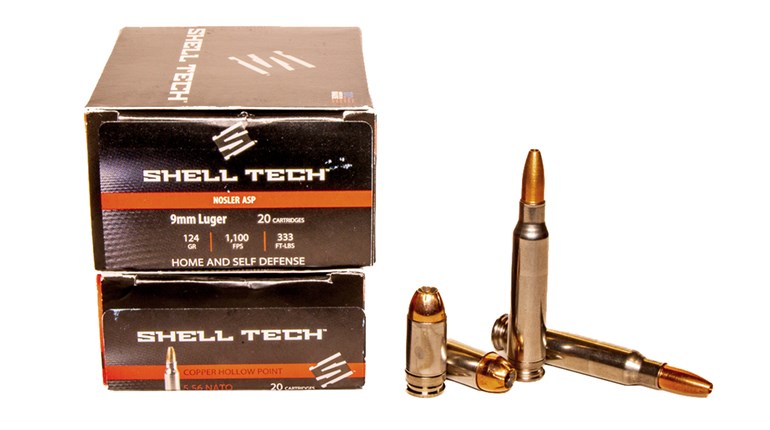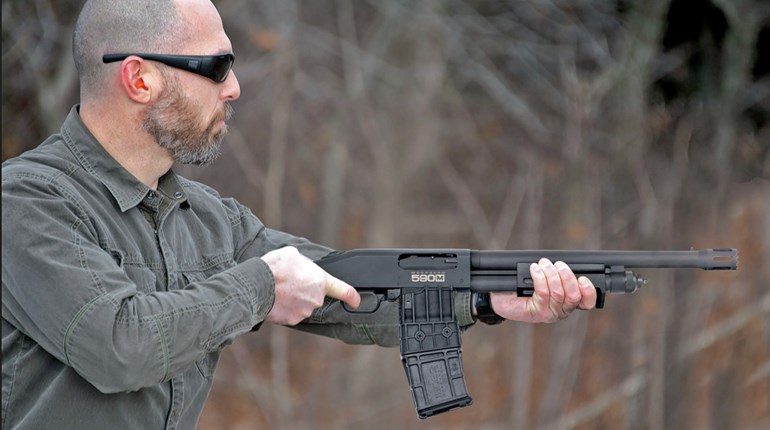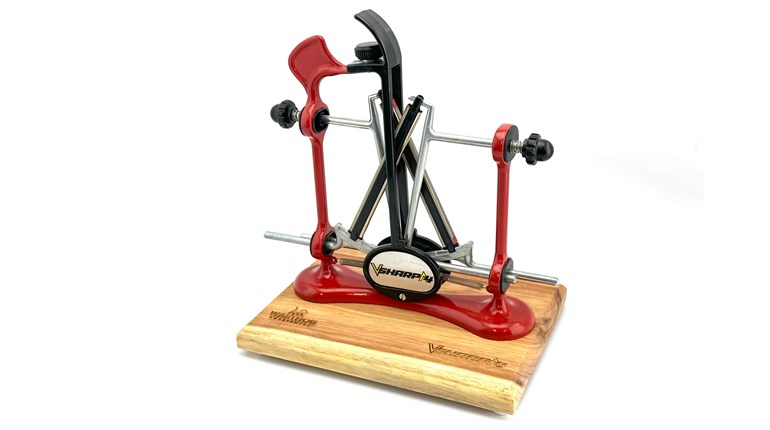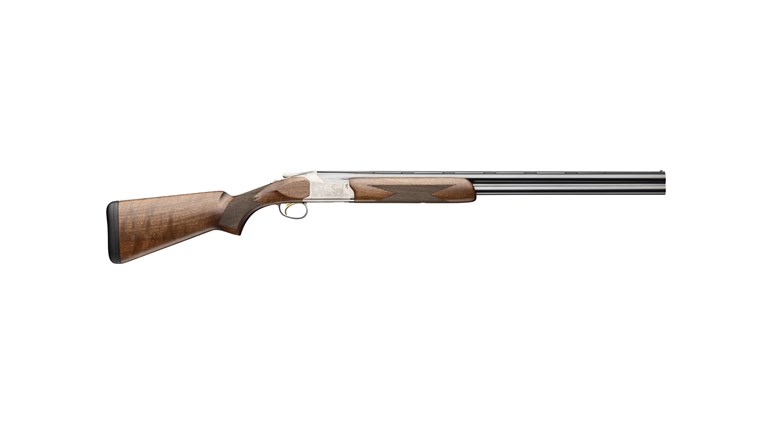
Creating your own ammunition is a way to enjoy shooting when you cannot shoot. In the long term, it might even save you money.
It’s been well more than a decade since I wrote the first installment of this column. In it, I discussed the differences between a reloader and a handloader. I’ve referenced these distinctions over the years, but I thought revisiting this topic—for what is now a new generation of readers—would be a good idea.
Generally, reloaders concentrate on volume. This in no way should be considered a jab at anyone who likes to load a lot of ammo. When you walk into a reloading room and see multiple progressive presses and 5-gallon buckets filled with brass waiting to be sorted, you’re in the presence of a serious reloader. If you see someone at the range picking up brass of unknown origin and stuffing it in their pockets with an ear-to-ear grin of unbridled elation, chances are they’re a reloader, too.
Handloaders, on the other hand, are dynamically different. They’re more concerned with every little nuance of producing ammunition that will provide extreme precision and the exact internal, external and terminal ballistics they desire. They would rather load five perfect cartridges than 1,000 rounds of good-shooting ammo. Handloaders could be considered the geeks of the gun world. Somewhere along the line, they unconsciously sacrificed a sizeable portion of their grey-matter hard drive to their obsession. Because of this, their ability to have a continuum of rational thought has been replaced with an aptitude to recite shell-holder-identification numbers and powder-burn rates on demand.
Reloaders spend money out of every paycheck to enhance their ammunition-manufacturing abilities. They revel in their ability to swiftly clean and process brass, and they’re continually looking for ways to increase their round-per-hour output. They consider things like an automatic case feeder or a large-capacity tumbler an ideal anniversary present. Handloaders are on a first-name basis with the tech guys at reloading-equipment, bullet and powder companies. This is partly because they’re continually tinkering around with projects for which there are no tools or data, and partly because they really like to talk about what they’re doing with other humans who speak their language.
I started out as a handloader, and my ensuing adventures made me the ammunition geek I am today. At 16, I purchased a kit with my paper-route money, piled my clothes up in the corner of my room and built a loading bench in my closet. I knew I was a handloader because I committed to memory the load recipes for all the cartridges with which I worked. Later, when I became involved in competition shooting, I became a reloader. This was a transition of necessity; most of us cannot afford to be successful competitive shooters using factory ammunition. I loaded so much ammunition one summer I developed “Dillon elbow,” also known as “tennis elbow” by orthopedic physicians and those living on a trust fund.
I started out as a handloader, and my ensuing adventures made me the ammunition geek I am today. At 16, I purchased a kit with my paper-route money, piled my clothes up in the corner of my room and built a loading bench in my closet.
Now, I’ve become somewhat of a hybrid loader, not precisely fitting either category. I have two single-stage presses and one progressive press on my two benches, and while I have all the advanced reloading tools like outside neck turners and case-comparator gauges, there are buckets of sorted and unsorted brass littering my loading room. I often tinker with loads to maximize their potential, but I almost never de-bur flash holes or ream primer pockets. This is partly because I’ve found I cannot consistently shoot well enough to realize the difference these mundane and obsessive tasks offer, but mostly because I don’t like doing them.
I think some shooters have been reluctant to take up reloading/handloading because they feel they cannot effectively produce large quantities of ammunition, or ammunition as accurate and dependable as factory ammunition. There is a learning curve, but making good ammunition is not that hard. During my reloading lifetime I’ve experienced less than a half-dozen dud rounds, and never missed or wounded a game animal—or lost a shooting match—because of bad self-made ammo.
I also think some shooters are apprehensive because they feel building ammunition is way too technical. It’s not. With only four components to a complete cartridge (case, primer, powder, bullet), how hard could it be? It’s a lot easier than baking a cake—at least one you’d want to eat.
You can debate whether loading ammunition will save you money. It can, but only if you shoot a lot over a long period of time. However, I believe the money spent is not the most important thing. There’s a lot of satisfaction involved in loading ammo that you shoot successfully, just like there’s a sense of fulfillment in making a tasty bologna sandwich. You also learn as you go, and you learn by doing, which is the best way to learn just about anything. The best advice I can provide is how to get started.
Ideally, find a mentor; someone who can teach you. I learned most of what I know about reloading mass quantities of ammunition from Vic Allen. We met during a traffic stop— I pulled him over for an expired sticker—and we’ve been solid friends for more than 30 years. If you cannot find a capable tutor, pick up a reloading manual and read the “how you do it” section. If you’re still interested, start with a basic kit that comes with a single-stage press. Yes, you might prefer to be a reloader and produce buckets of ammo, but you must start with the basics, learning to load one cartridge—correctly—at a time.
If you want to become either a reloader, handloader or hybrid-loader like me, just dive in. The initial investment is not that expensive, you’ll have something to do during bad-weather days or when the in-laws stay too long, and you’ll have fun. Creating ammunition brings a bit of the mad-scientist aspect to shooting. It’s not that hard and it’s very safe, if you just do the one thing most men struggle with—read and follow the damn instructions.
If at any time you have doubts, I can assure you that the customer-service folks at the bullet and gunpowder companies are the best support out there. They’re there to help, and they definitely want you to call—because they like talking to folks who think like they do.




































